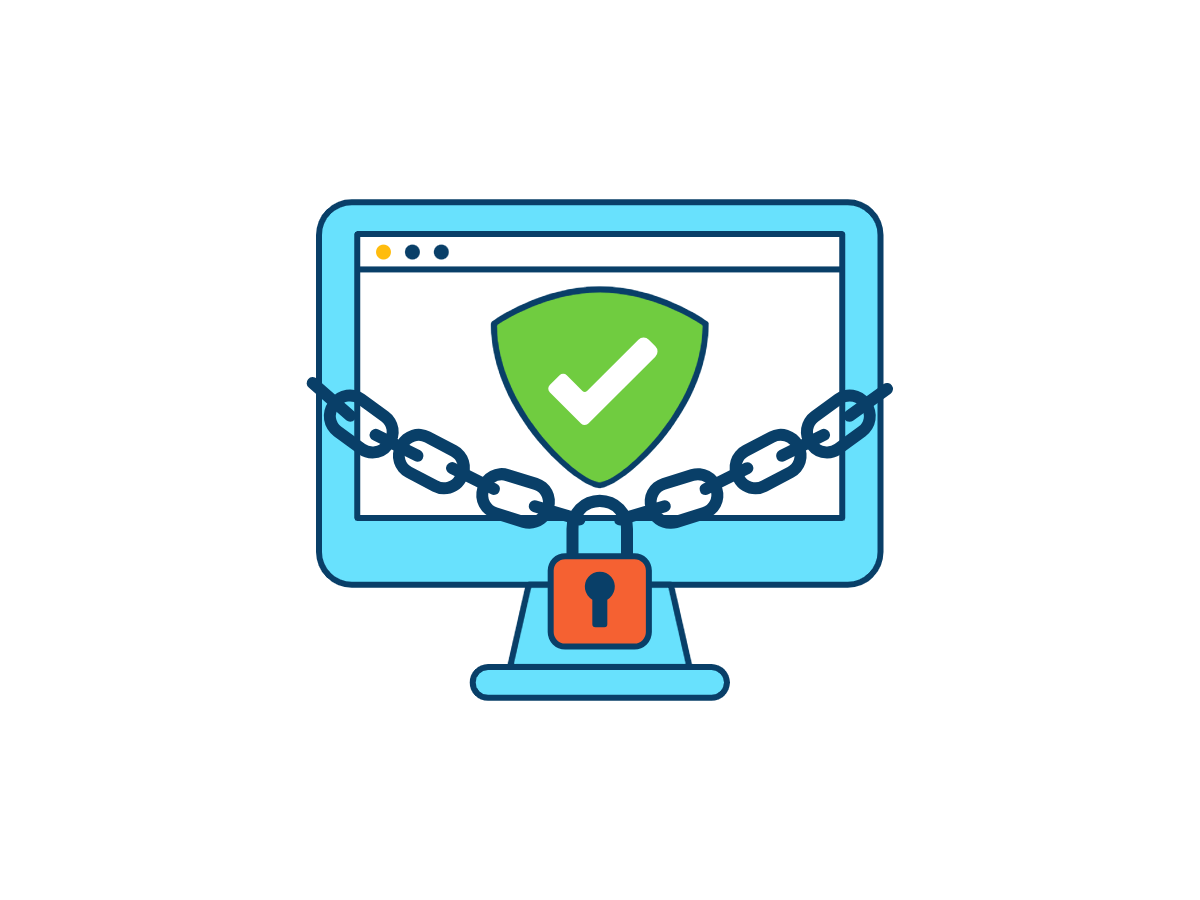The Lost Secret Of What Is A SEO Job?
페이지 정보
작성자 Marilynn Beier 댓글 0건 조회 4회 작성일 25-01-08 22:59본문
The device continually scans the web, on the lookout for rising patterns of searches and mentions for any specific term. You’ll be in a position to investigate the rationale behind your viewers turning your channel off at any particular moment in the time-frame. This strategy must account for the numerous ways viewers can uncover Shorts on the platform. SparkToro helps you construct information-pushed personas with provable customer behaviors and demographics better than key phrase analysis instruments can. This may also help construct model loyalty and lasting buyer relationships. 4 Proven Tips How To construct an Efficient In-House Seo Team An in-home Seo team provides companies the software it needs to attach with its market. So, when you might have a fantastic social media workforce, we will assist with PPC or Seo campaigns which can complement your in-home team’s work. You may make a plan to create similar content for the topics/keywords (so your web site can get ranked on Google for the subjects and key phrases that your competitor’s web site are rating). All these goals will aid you make the preliminary filtering of the Seo companies and likewise help the potential teams get a clear picture of whether or not or not they will enable you.
 You may as well use SparkToro to identify excessive-affinity web sites and sources of influence to your audience as well as YouTube channels, podcasts, and subreddits that your audience follows. There have been a couple other phrases with lower search frequency and less competition that transformed exceptionally effectively. Relevance: How properly a video’s title, description, and content match the query. Linking to sites with irrelevant or poor high quality content material. While organic traffic will go a good distance, the variety of backlinks you have (outside websites linking to yours) matters a terrific deal. Personalize your channel’s Home tab to showcase your finest work and direct viewers to the content that matters most. Who are one of the best Seo Companies? The best software for أفضل شركة SEO this job is SparkToro. SparkToro estimates that 4,000-5,000 individuals seek for "visit Orlando" every month in the U.S. For instance, searchers for "visit Orlando" in the U.S. For instance, you’d discover 55.5% of viewers experiencing intense positive emotions after watching "The Gifting Hour | John Lewis & Partners | Christmas Ad 2024," making it probably the most emotionally participating John Lewis Christmas ad in six years.
You may as well use SparkToro to identify excessive-affinity web sites and sources of influence to your audience as well as YouTube channels, podcasts, and subreddits that your audience follows. There have been a couple other phrases with lower search frequency and less competition that transformed exceptionally effectively. Relevance: How properly a video’s title, description, and content match the query. Linking to sites with irrelevant or poor high quality content material. While organic traffic will go a good distance, the variety of backlinks you have (outside websites linking to yours) matters a terrific deal. Personalize your channel’s Home tab to showcase your finest work and direct viewers to the content that matters most. Who are one of the best Seo Companies? The best software for أفضل شركة SEO this job is SparkToro. SparkToro estimates that 4,000-5,000 individuals seek for "visit Orlando" every month in the U.S. For instance, searchers for "visit Orlando" in the U.S. For instance, you’d discover 55.5% of viewers experiencing intense positive emotions after watching "The Gifting Hour | John Lewis & Partners | Christmas Ad 2024," making it probably the most emotionally participating John Lewis Christmas ad in six years.
For ecommerce shoppers, for instance, you is perhaps most all in favour of boosting your conversion rate, whereas a B2B company could also be extra interested in lead generation. This could include server issues, lacking pages, or different points that may affect the performance of your webpage. Not all will add value to your model, and a few could use fake followers, so it’s crucial to verify the quality and engagement of their audience. Engines like google will use it to know the content of your image files. Our group of internet advertising and marketing consultants will leverage cutting-edge methods and tools to spice up your on-line presence, increase webpage traffic, and convert guests into loyal prospects, ultimately driving your online business growth. It helps marketers quickly adapt their artistic methods to provide more impactful campaigns. There’s a huge problem to sustain with the latest ranking algorithms and revised methods to boost on-line visibility. By building a loyal following, you'll be able to improve the visibility of your future content material. By strategically organizing your content, you possibly can improve discoverability and drive engagement.
 Optimize your Shorts for discoverability by crafting compelling titles, descriptions, and eye-catching thumbnails. Tap into YouTube’s AI-powered Inspiration Tab to generate ideas, outlines, titles, and thumbnails. Utilize YouTube’s automatic captioning on long-form videos and Shorts. Leverage YouTube’s devoted "Shorts" part to maximize the visibility of your quick-type content material. This is a cheap manner to maximize the worth of your existing content material library. Not solely it will increase your Search company engine ranking, but it provides worth to your corporation by promoting it organically. The final step in this customer-centric path is starting to measure business outcomes. "Customer centricity" is a business technique that places the shopper at the center of a company’s philosophy, operations, and ideas. By understanding how viewers uncover Shorts - whether or not by the feed, Search company results, homepage, channel pages, subscriptions, or notifications - you can tailor an effective programming technique. But due to this brief video, you can begin creating High-Retention Videos instantly. I recommend that you simply begin with five videos. However, enterprise degree projects sometimes begin at $10,000 per thirty days.
Optimize your Shorts for discoverability by crafting compelling titles, descriptions, and eye-catching thumbnails. Tap into YouTube’s AI-powered Inspiration Tab to generate ideas, outlines, titles, and thumbnails. Utilize YouTube’s automatic captioning on long-form videos and Shorts. Leverage YouTube’s devoted "Shorts" part to maximize the visibility of your quick-type content material. This is a cheap manner to maximize the worth of your existing content material library. Not solely it will increase your Search company engine ranking, but it provides worth to your corporation by promoting it organically. The final step in this customer-centric path is starting to measure business outcomes. "Customer centricity" is a business technique that places the shopper at the center of a company’s philosophy, operations, and ideas. By understanding how viewers uncover Shorts - whether or not by the feed, Search company results, homepage, channel pages, subscriptions, or notifications - you can tailor an effective programming technique. But due to this brief video, you can begin creating High-Retention Videos instantly. I recommend that you simply begin with five videos. However, enterprise degree projects sometimes begin at $10,000 per thirty days.
If you beloved this article and you also would like to collect more info about أفضل شركة SEO nicely visit the site.
댓글목록
등록된 댓글이 없습니다.


